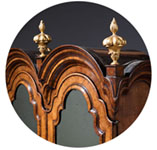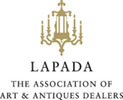18th Century George III Mahogany Quarter Striking Automation Bracket Clock by Stephen Rimbault
Sold
Request Information
Follow Us
18th Century George III Mahogany Quarter Striking Automation Bracket Clock by Stephen Rimbault
By Stephen Rimbault
The impressive mahogany case has a bell top and is surmounted by four pineapple finials on the corners and an additional finial to the centre. There are carrying handles to each side as well as circular silk-backed pierced brass sound frets. The case is glazed on all sides so that the complex movement is almost entirely visible. It rests on four brass ogee bracket feet and brass mouldings to both the top and base.
The extremely unusual partly painted shaped brass dial has a silvered Roman chapter ring with a recessed signature plaque, Stpn Rimbault London, and a date aperture in the matted centre. In the corners are fine pierced gilt brass spandrels. The time is indicated by a pair of very fine pierced blued-steel hands on the Roman chapter ring with Arabic five-minute and minute divisions.
The special, extremely rare and charming feature of the clock, is that above the dial there is a painted automaton depicting four eighteenth-century dress musicians, one playing the harpsichord, two other string instruments and a conductor. The hand of the harpsichord player, the bows of the string instruments players and the conductor’s baton are constantly moving with the going train. Fabulous!
The triple gut-fusee spring-driven eight-day movement has a going train with its original verge escapement and short pendulum with knife-edge suspension. The quarters are chimed on a nest of eight bells with eight hammers, on the hour followed by the hour on an additional bell. In addition, the striking can be repeated at will by pulling a cord to the side. The backplate is elaborately engraved around the maker’s signature Stpn Rimbault London.
Note on the maker
As his name suggests Stephen Rimbault was of Huguenot descent. He specialised in musical and/or automaton clocks in the second and third quarters of the eighteenth century. There is a most impressive clock by his hand in the Ashmolean Museum in Oxford. His brother Paul was also a clockmaker, of whom we also have a clock in our collection, albeit of a much more moderate style.
Condition
Good. Wear consistent with age and use.
Dimensions
Height: 21.66 in. (55 cm)
Width: 11.42 in. (29 cm)
Depth: 7.68 in. (19.5 cm)
Literature
Brian Loomes, Watchmakers and Clockmakers of the World, London, 2006, p. 656.
PREVIOUSLY SOLD
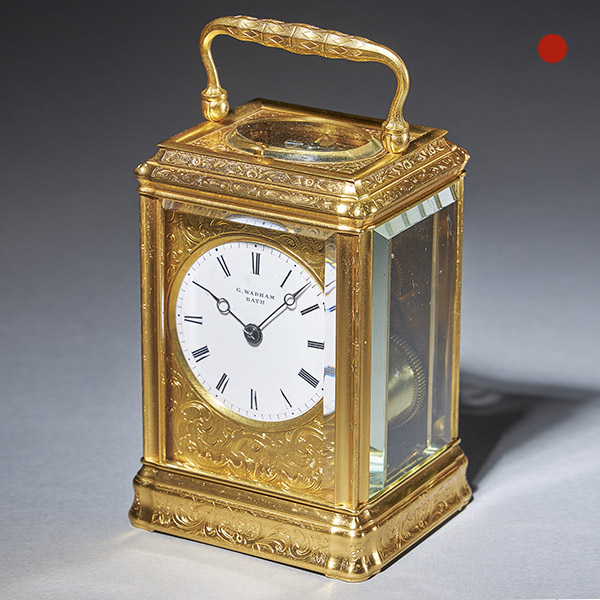
19th Century Gilt-Brass Engraved Striking and Repeating Carriage Clock
19th Century Gilt-Brass Engraved Striking and Repeating Carriage Clock Sold Follow Us19th Century Gilt-Brass Engraved Striking and Repeating Carriage Clock The superb engraved gilt brass gorge case has facetted glass panels to all sides so...
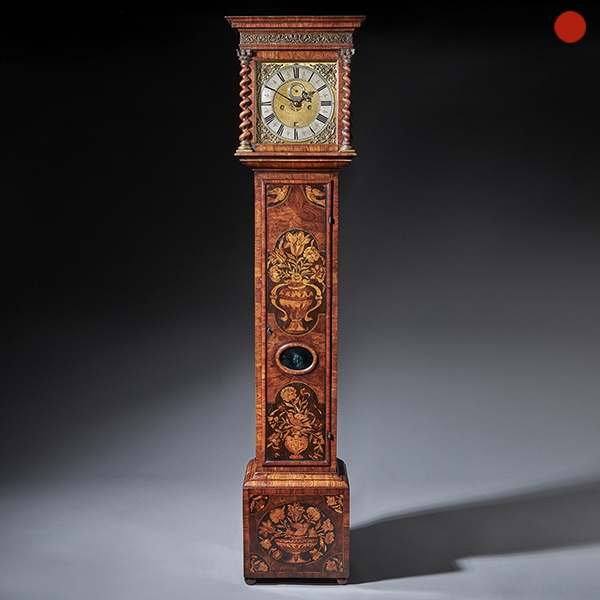
Important Charles II 17th Century Princes Wood and Marquetry Longcase Clock
Important Charles II 17th Century Princes Wood and Marquetry Longcase Clock SOLD Follow UsImportant Charles II 17th Century Princes Wood and Marquetry Longcase Clock A unique and important Charles II 17th century month-going Princes wood and...
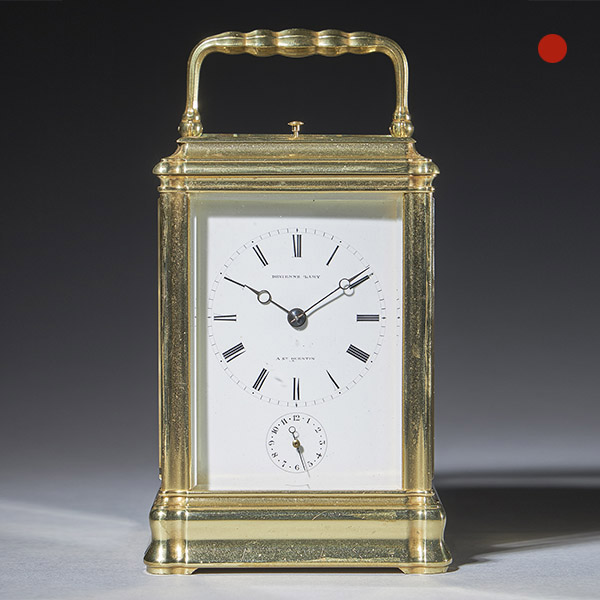
A Rare And Unusual 19th-Century Carriage Clock Signed Devienne Lamy A St Quentin, Circa: 1860
A Rare And Unusual 19th-Century Carriage Clock Signed Devienne Lamy A St Quentin, circa 1860. The gorge case has bevelled glass panels on all sides.
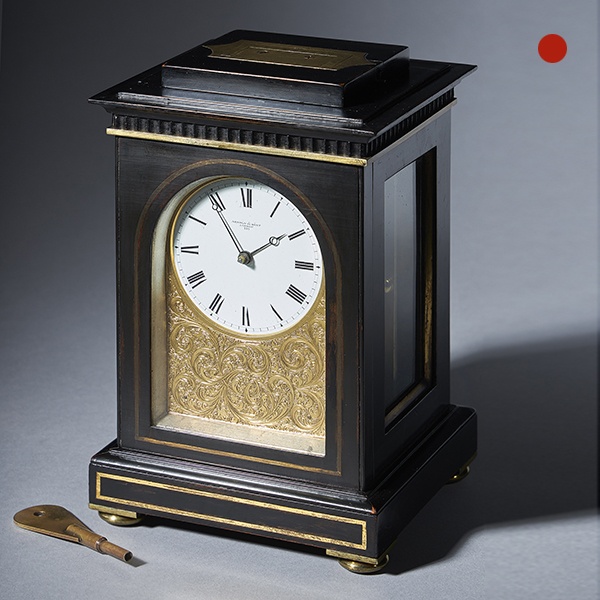
A Unique And Fine Mid 19th-Century Travelling Clock By Celebrated Makers Arnold & Dent, London
Unique and Fine Mid 19th-Century Travelling Clock By Celebrated Makers Arnold & Dent, London. The time is indicated by a fine pair of blued-steel Breguet hands.
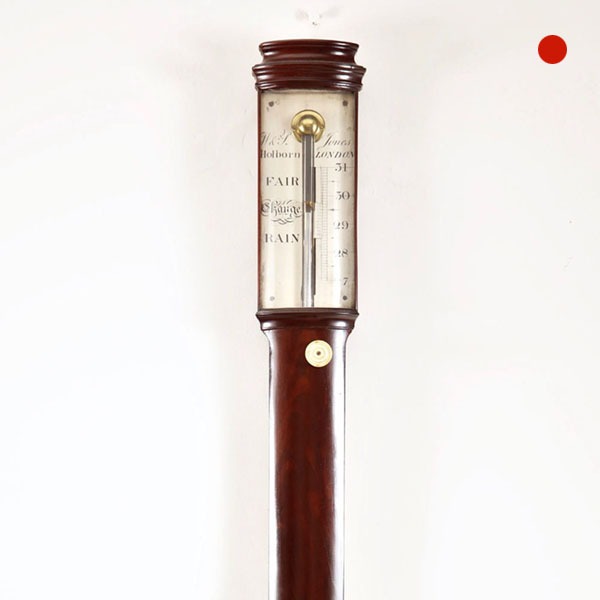
A fine 18th-Century George III mahogany bow-front stick barometer
The mahogany-veneered case has an austere form with only the moulded caddy top and the urn-shaped cistern cover to break its soberness. The silvered register plates are protected by a bowed glass, the recorder with vernier scale being operated by a knob below the register plate.
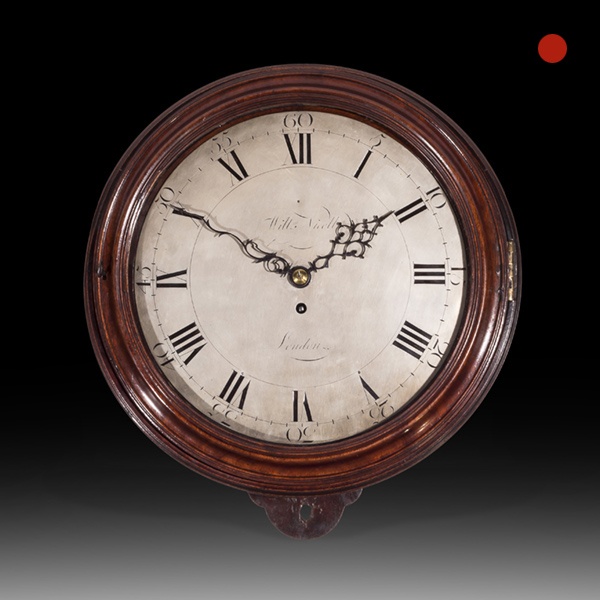
Large Mahogany 18th-Century Dial Clock, William Nicoll, London
The solid mahogany case has a moulded mahogany glazed door, which can be locked on the left-hand side. The original rectangular saltbox is permanently attached to the front and has doors to the side and the bottom.

19th Century Gilt-Brass Engraved Striking and Repeating Carriage Clock
19th Century Gilt-Brass Engraved Striking and Repeating Carriage Clock Sold Follow Us19th Century Gilt-Brass Engraved Striking and Repeating Carriage Clock The superb engraved gilt brass gorge case has facetted glass panels to all sides so...

Important Charles II 17th Century Princes Wood and Marquetry Longcase Clock
Important Charles II 17th Century Princes Wood and Marquetry Longcase Clock SOLD Follow UsImportant Charles II 17th Century Princes Wood and Marquetry Longcase Clock A unique and important Charles II 17th century month-going Princes wood and...

A Rare And Unusual 19th-Century Carriage Clock Signed Devienne Lamy A St Quentin, Circa: 1860
A Rare And Unusual 19th-Century Carriage Clock Signed Devienne Lamy A St Quentin, circa 1860. The gorge case has bevelled glass panels on all sides.

A Unique And Fine Mid 19th-Century Travelling Clock By Celebrated Makers Arnold & Dent, London
Unique and Fine Mid 19th-Century Travelling Clock By Celebrated Makers Arnold & Dent, London. The time is indicated by a fine pair of blued-steel Breguet hands.

A fine 18th-Century George III mahogany bow-front stick barometer
The mahogany-veneered case has an austere form with only the moulded caddy top and the urn-shaped cistern cover to break its soberness. The silvered register plates are protected by a bowed glass, the recorder with vernier scale being operated by a knob below the register plate.

Large Mahogany 18th-Century Dial Clock, William Nicoll, London
The solid mahogany case has a moulded mahogany glazed door, which can be locked on the left-hand side. The original rectangular saltbox is permanently attached to the front and has doors to the side and the bottom.
YOU MAY ALSO LIKE
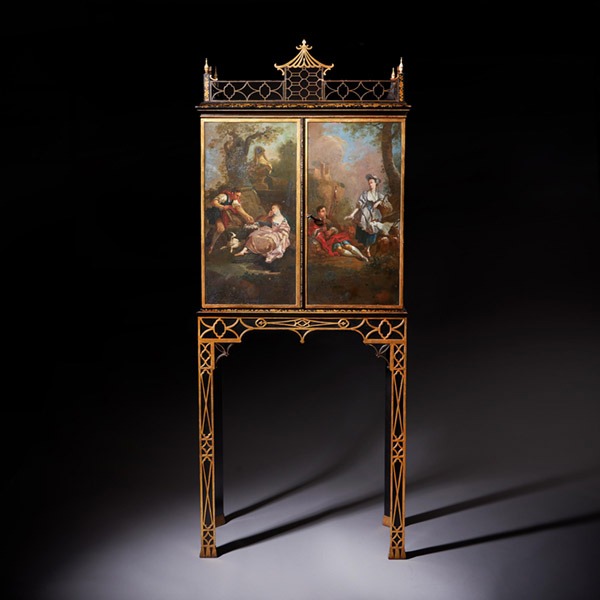
A Rare Chinese Chippendale George III cabinet on stand, circa 1760 England
A Rare Chinese Chippendale George III cabinet on stand, circa 1760. England £38,000Follow UsA Rare...
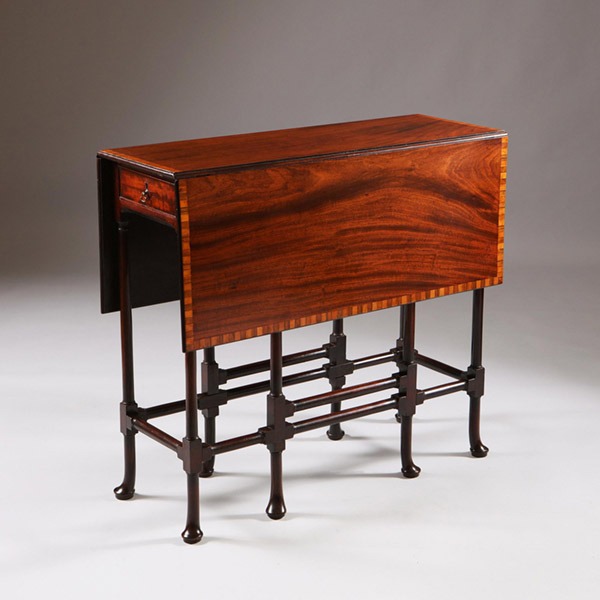
George III mahogany spider-leg table attributed to Thomas Chippendale 1768
A George III mahogany spider-leg table attributed to Thomas Chippendale 1768 £12,000Follow UsA...
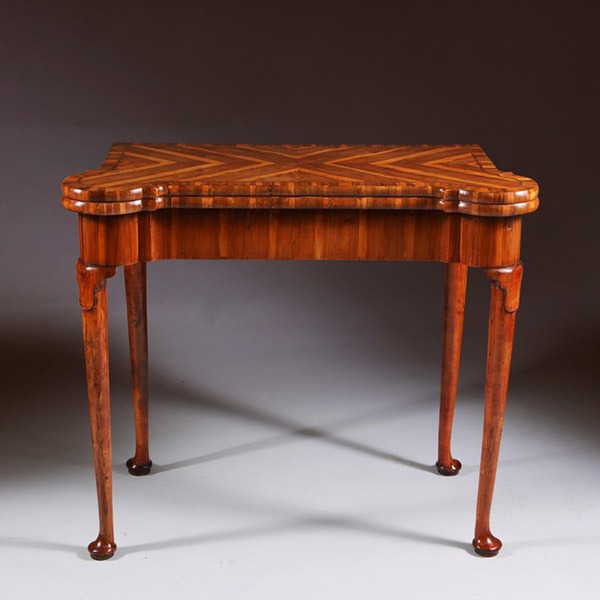
Museum Grade George I Cocus Wood Card Table, Circa 1725, England
Museum Grade George I Cocus Wood Card Table, Circa 1725. England £32,000Follow UsMuseum Grade...
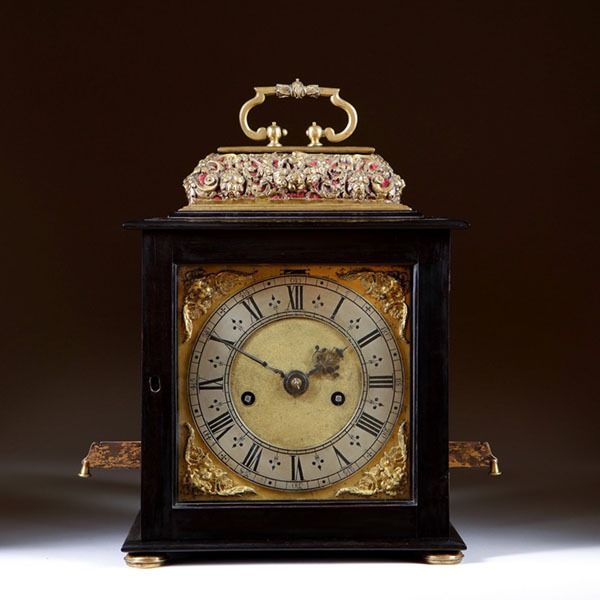
A Rare and Important Charles II 17th Century Table Clock by Henry Jones
A Rare and Important Charles II 17th Century Table Clock by Henry Jones £85,000Follow UsA Rare and...
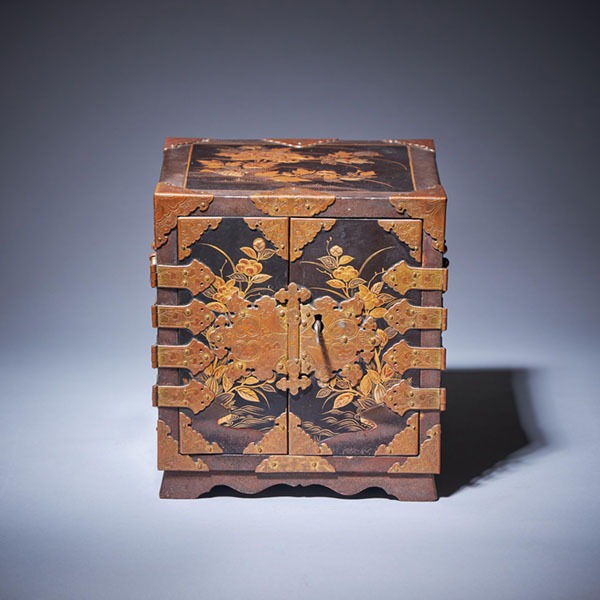
Important Early Edo Period 17th Century Miniature Japanese Lacquer Cabinet
Important Early Edo Period 17th Century Miniature Japanese Lacquer Cabinet £36,000Follow...
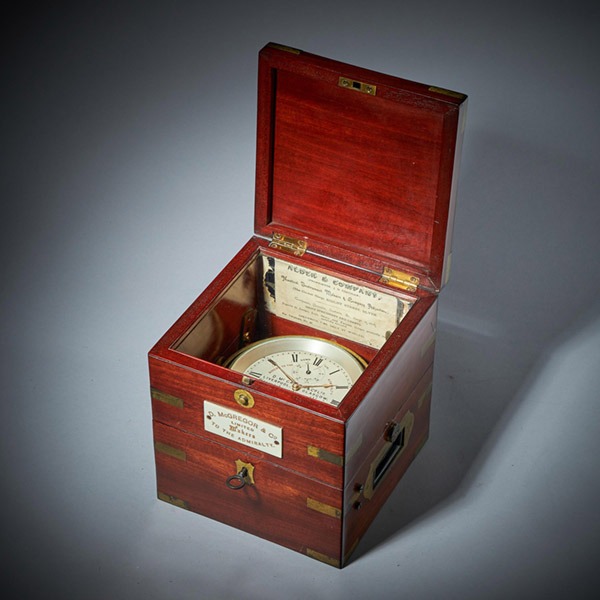
Fine Scottish Two-Day Marine Chronometer Signed and Numbered D. McGregor
Fine Scottish Two-Day Marine Chronometer Signed and Numbered D. McGregor £6,500Follow UsFine...

A Rare Chinese Chippendale George III cabinet on stand, circa 1760 England
A Rare Chinese Chippendale George III cabinet on stand, circa 1760. England £38,000Follow UsA Rare...

George III mahogany spider-leg table attributed to Thomas Chippendale 1768
A George III mahogany spider-leg table attributed to Thomas Chippendale 1768 £12,000Follow UsA...

Museum Grade George I Cocus Wood Card Table, Circa 1725, England
Museum Grade George I Cocus Wood Card Table, Circa 1725. England £32,000Follow UsMuseum Grade...

A Rare and Important Charles II 17th Century Table Clock by Henry Jones
A Rare and Important Charles II 17th Century Table Clock by Henry Jones £85,000Follow UsA Rare and...

Important Early Edo Period 17th Century Miniature Japanese Lacquer Cabinet
Important Early Edo Period 17th Century Miniature Japanese Lacquer Cabinet £36,000Follow...

Fine Scottish Two-Day Marine Chronometer Signed and Numbered D. McGregor
Fine Scottish Two-Day Marine Chronometer Signed and Numbered D. McGregor £6,500Follow UsFine...
